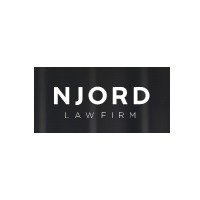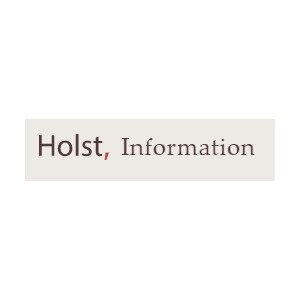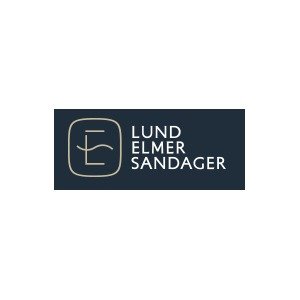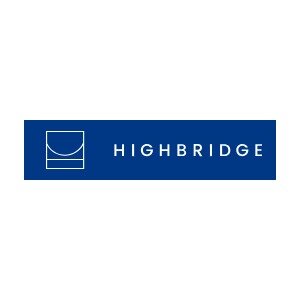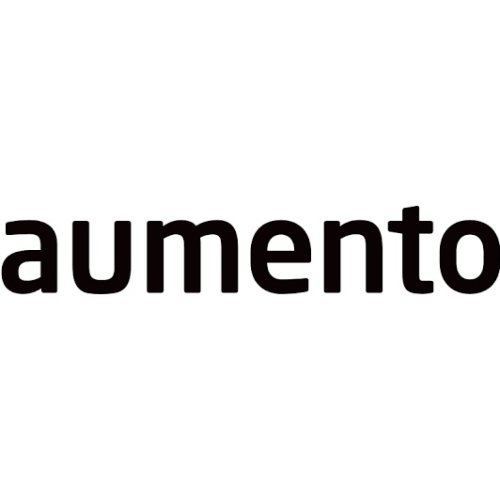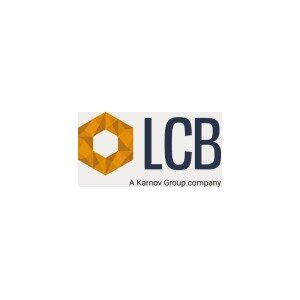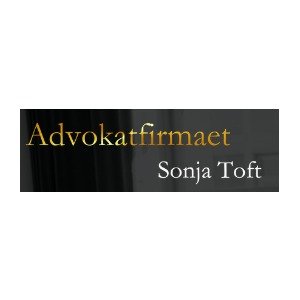Best FDA Law Lawyers in Copenhagen
Share your needs with us, get contacted by law firms.
Free. Takes 2 min.
List of the best lawyers in Copenhagen, Denmark
About FDA Law in Copenhagen, Denmark
In Denmark, the regulation and oversight of food, drugs, and medical devices are governed by a robust legal framework commonly referred to as FDA Law. Although the United States Food and Drug Administration (FDA) operates separately, the term "FDA Law" is often used generically in Denmark to refer to laws and regulations concerning food safety, pharmaceuticals, cosmetics, and medical equipment. In Denmark, this area falls under the jurisdiction of national agencies, such as the Danish Medicines Agency (Lægemiddelstyrelsen) and the Danish Veterinary and Food Administration (Fødevarestyrelsen), as well as relevant European Union regulations. If you are based in Copenhagen and involved in the import, export, manufacturing, marketing, or distribution of food and health-related products, understanding these rules is crucial for compliance and business success.
Why You May Need a Lawyer
Legal challenges in FDA Law can arise for both businesses and individuals. Common situations where legal help may be necessary include:
- Seeking approval for new food products, dietary supplements, or medical devices.
- Navigating complex licensing requirements for pharmaceutical companies.
- Dealing with inspections and enforcement actions from Danish or EU authorities.
- Responding to product recalls or addressing health and safety complaints.
- Adhering to advertising and labeling standards for foods and pharmaceuticals.
- Handling disputes related to intellectual property of regulated products.
- Managing regulatory changes when importing or exporting goods in or out of Denmark.
A lawyer with expertise in FDA Law can provide guidance on these matters, help avoid compliance pitfalls, and represent your interests in administrative or legal proceedings.
Local Laws Overview
FDA Law in Copenhagen falls under national and European frameworks. Key Danish regulations include the Medicines Act, the Food Act, and laws governing consumer safety and product liability. Denmark, as an EU member, also enforces EU regulations such as the General Food Law (Regulation EC No 178/2002), the Medical Device Regulation (EU 2017/745), and the Cosmetics Regulation (EC No 1223/2009).
The Danish Medicines Agency supervises pharmaceuticals, medical devices, and clinical trials, whereas the Danish Veterinary and Food Administration ensures food safety and compliance with food labeling, hygiene, and quality standards. Violations may lead to administrative penalties, market bans, or criminal charges depending on the gravity of the infraction. Both agencies provide regular guidance, updates, and inspection schedules that companies must follow.
Copenhagen businesses must embrace risk management strategies that account for these regulatory requirements, especially amid ongoing changes in food technology, dietary trends, and the pharmaceutical sector.
Frequently Asked Questions
What is FDA Law in Copenhagen and how does it affect my business?
FDA Law refers to the body of Danish and EU rules controlling the safety, marketing, labeling, and sale of food and health-related products. It affects businesses by establishing mandatory standards for product approval, labeling, advertising, and safety.
Which authorities oversee FDA Law in Denmark?
The main authorities are the Danish Medicines Agency for pharmaceuticals and medical devices, and the Danish Veterinary and Food Administration for food safety. They enforce compliance, conduct inspections, and issue guidance.
How are food products regulated in Copenhagen?
Food products must comply with the Food Act and relevant EU regulations. This includes rules on hygiene, ingredient composition, additives, labeling, and traceability. All operators in the supply chain bear responsibility for food safety.
Is product approval needed for dietary supplements or cosmetics?
Yes. Dietary supplements must be registered with the Danish Veterinary and Food Administration. Cosmetics require safety assessments and must comply with EU Cosmetics Regulation. Certain claims may also need substantiation and approval.
How are pharmaceuticals regulated?
Pharmaceuticals in Denmark require authorization from the Danish Medicines Agency or the European Medicines Agency for market access. Clinical trials and post-market surveillance are also regulated.
What happens during an inspection?
Authorities conduct both routine and targeted inspections to check compliance. Inspectors may review documentation, sample products, and inspect premises. Non-compliance can result in warnings, fines, recalls, or legal action.
Can I advertise health claims in Denmark?
Health claims for foods or supplements must be authorized under EU law. Pharmaceutical advertising is strictly regulated and must not be directed at the general public except for certain over-the-counter medicines.
What are my rights during enforcement actions?
You have the right to respond to findings, present evidence, and appeal decisions made by regulatory authorities. A qualified lawyer can guide you through the legal process and represent your interests.
How do I handle a product recall?
If a product poses a risk, you are legally obligated to notify authorities and take steps to recall the product from the market. Complete and accurate documentation can help manage the recall efficiently and mitigate legal consequences.
What are the penalties for non-compliance?
Penalties range from administrative fines to market bans and, in severe cases, criminal charges. Company reputation and future market access may also be at risk. Early legal intervention helps contain damage.
Additional Resources
Several resources are available to those seeking guidance in FDA Law in Copenhagen:
- The Danish Medicines Agency (Lægemiddelstyrelsen) - Guidelines, applications, clinical trials, medicines regulation
- The Danish Veterinary and Food Administration (Fødevarestyrelsen) - Food safety, labeling, production, import and export
- European Medicines Agency - EU-wide pharmaceutical standards
- The Consumer Ombudsman (Forbrugerombudsmanden) - Advertising and consumer protection in product marketing
- Chamber of Commerce Denmark - Support for businesses operating in highly regulated sectors
For complex issues, consulting a specialist lawyer or a regulatory advisory firm can provide tailored advice and representation.
Next Steps
If you require legal assistance in FDA Law:
- Gather all relevant documentation about your product or issue, including registration certificates, inspection reports, and correspondence with authorities.
- Identify key facts, such as timeframes, markets affected, and your compliance history.
- Research and contact an experienced lawyer or legal firm specializing in FDA Law in Copenhagen.
- Prepare to outline your situation, objectives, and any deadlines you face during your consultation.
- Follow up on legal advice, maintain ongoing communication with your lawyer, and stay updated on changes in relevant laws and regulations.
Proactively seeking legal advice can prevent issues before they arise, streamline regulatory approvals, and protect your business from significant risks.
Lawzana helps you find the best lawyers and law firms in Copenhagen through a curated and pre-screened list of qualified legal professionals. Our platform offers rankings and detailed profiles of attorneys and law firms, allowing you to compare based on practice areas, including FDA Law, experience, and client feedback.
Each profile includes a description of the firm's areas of practice, client reviews, team members and partners, year of establishment, spoken languages, office locations, contact information, social media presence, and any published articles or resources. Most firms on our platform speak English and are experienced in both local and international legal matters.
Get a quote from top-rated law firms in Copenhagen, Denmark — quickly, securely, and without unnecessary hassle.
Disclaimer:
The information provided on this page is for general informational purposes only and does not constitute legal advice. While we strive to ensure the accuracy and relevance of the content, legal information may change over time, and interpretations of the law can vary. You should always consult with a qualified legal professional for advice specific to your situation.
We disclaim all liability for actions taken or not taken based on the content of this page. If you believe any information is incorrect or outdated, please contact us, and we will review and update it where appropriate.



